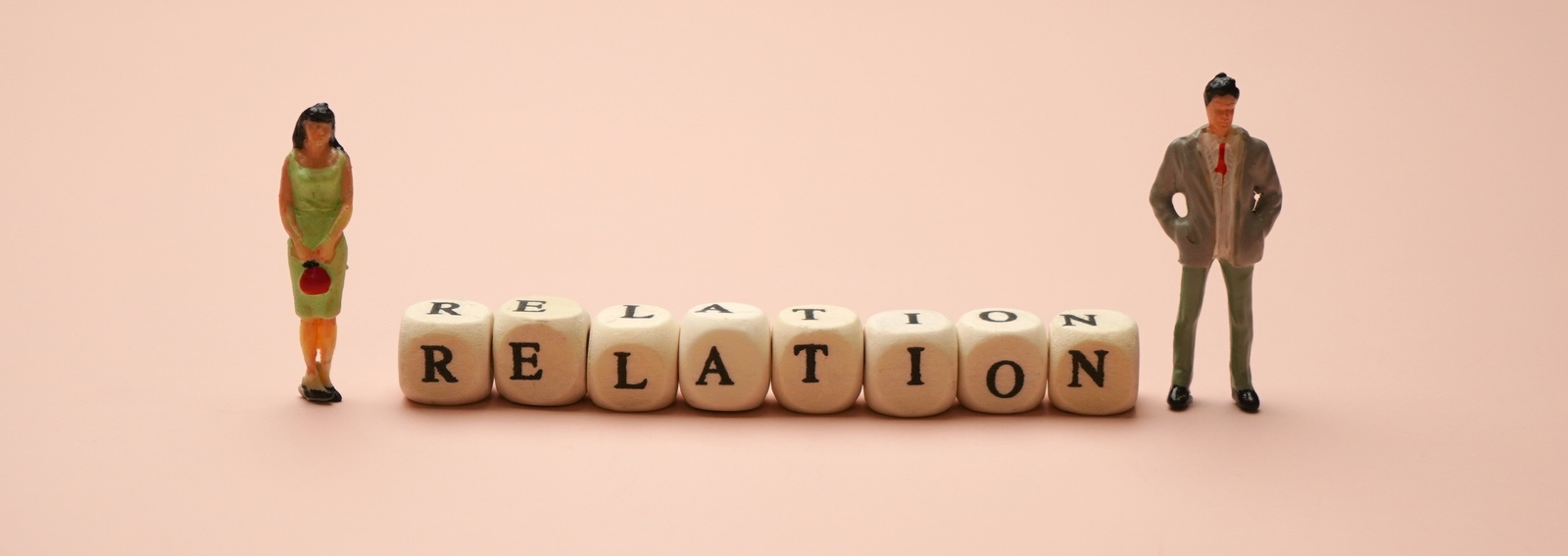

Breadcrumbing is a way of keeping the other person “on hold” without entering into a relationship.
You know the feeling of “they are reaching out, but then…”, where the “but” is followed by “it’s not the right timing for anything more,” “I’m not in love yet,” or any other step back from the beginning of a functional love story?
In an era where digital interactions are now part of any romantic relationships, a new phenomenon has become increasingly common: breadcrumbing. Often symbolized by the metaphor of leaving only breadcrumbs behind, it represents a way of leading the other person on. They give attention in such minimal doses as to fuel hope without ever materializing into a real relationship.
In a world where online texting predominates and often relationships are “ONLIFE,” meaning there is no longer a clear division between online and offline, new ways of approaching and relating emerge and consequently new terms to describe different relational dynamics.
One of these is “breadcrumbing,” a term that evokes the image of small pieces of bread left along a path – a perfect metaphor for describing a seductive yet elusive behavior.
What is Breadcrumbing?
Breadcrumbing occurs when a person shows inconsistent interest in someone else – enough attention to keep attention alive, but not enough to develop a meaningful relationship.
In short, it seems like the relationship is about to take off and instead there is a detachment, a silence, a void, a lack of attention and care in the relationship.
This can manifest itself through sporadic messages – comments on stories, likes and emojis, or small attentions that create a sense of hope, but rarely materialize into something deeper.
Sometimes the relationship is more concrete: you go out, you are together, you feel good and then the other instead of maintaining a continuous presence, is less available, disappears, denies with excuses, but keeps the relationship alive with some interaction on social media.
On and off relationships that never really take off as the love received – and by love we mean attention, care, moments spent together – are crumbs rationed out where one always remains hungry for more and frustrated.

The Emotional and Psychological Impact
From an emotional point of view, breadcrumbing can be a real rollercoaster. The person who experiences it can oscillate between moments of great hope and periods of profound disappointment.
This dynamic can trigger feelings of insecurity and low self-esteem: “What’s wrong with me?” “They don’t like me” “Did something happen?”
Psychologically, breadcrumbing can be seen as a power play. The person who practices it keeps control of the situation, keeping others’ expectations and feelings in check.
This behavior can stem from a variety of psychological reasons, such as fear of commitment, the need for validation, or simply the inability to handle a mature and deep relationship.
How to Handle Breadcrumbing
- Recognition: the first step is to recognize that you are experiencing breadcrumbing. It is important to listen to your feelings and not to minimize them.
- Self-assessment: reflect on why you continue to participate in this dynamic. Often, one clings to hope or fears loneliness. It is crucial to work on these aspects to avoid falling into a cycle of emotional dependency.
- Open communication: attempting honest communication with the person involved can be helpful. Expressing your needs and expectations helps clarify the situation.
- Establishing boundaries: if the behavior does not change, it is essential to establish boundaries to protect your emotional and psychological health. This may mean reducing contact or ending the relationship.
- External support: talking to a professional can provide an outside perspective and help process your emotions.
Conclusion
Breadcrumbing is a subtle and often underestimated phenomenon, but it can have a significant impact on emotional and psychological health. If you are in a relationship where you feel like you are receiving crumbs, you should first ask yourself why you are settling for such an unrewarding relationship!
If you are always waiting for the other person to decide to take the relationship off the ground, perhaps more than wondering why they behave that way, the real question is why you are still there waiting.
Recognizing and addressing it takes courage and self-awareness, but it is a fundamental step towards healthier and more fullfilling relationships.
Love Horoscope: These 6 Signs Will Find Their Soulmate in 2024
How to Boost Self-Esteem with These Simple Tips
This article first appeared on Grazia.it – Author: Elena Zauli













